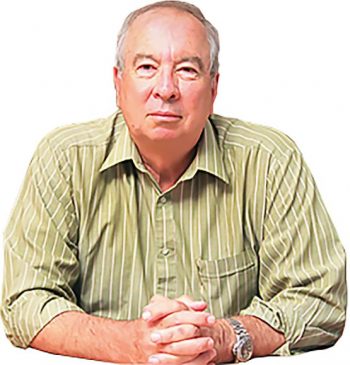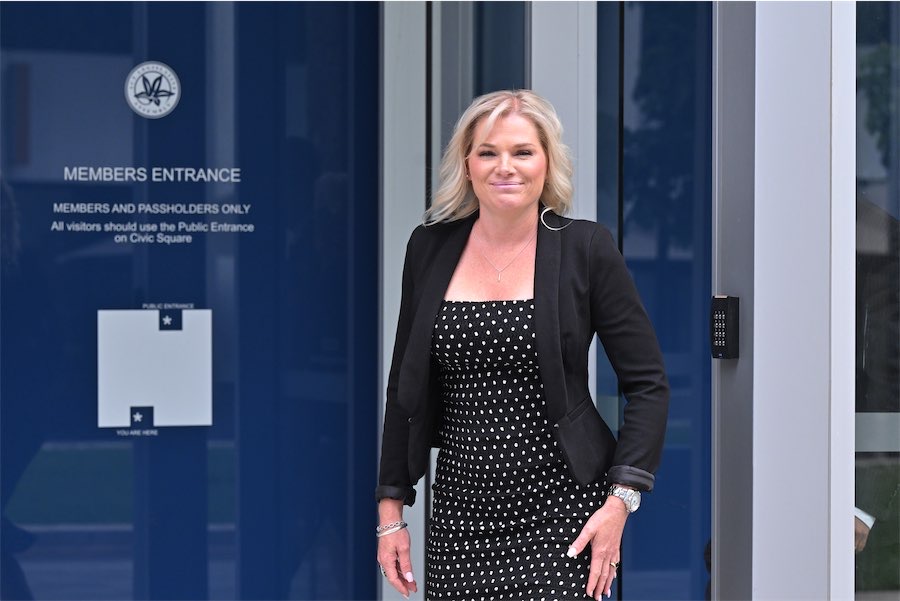
“It would seem more productive for political leaders and revisionists to promote unifying narratives rather than pander to a noisy vocal minority who want to rewrite the past,” writes unwoke “Whimsy” columnist CLIVE WILLIAMS.
“We’ll share a dream and sing with one voice
I am, you are, we are Australian”
–The Seekers 1995
THE original meaning of “woke” was to be alert to racial prejudice and discrimination.

It first appeared in the 1930s in relation to African Americans. From around 2010 it came to encompass a range of social inequalities, mainly in the US.
Following the shooting of Michael Brown in Ferguson, Missouri, in 2014, the phrase was popularised by the Black Lives Matter movement seeking to raise awareness about American police shootings of African Americans.
The term “woke capitalism” was coined to describe companies who claimed support for progressive causes as a substitute for genuine reform.
Ironically, the term “woke” is now seen as reflective of an unrealistic and unreasonable revisionist agenda. By 2020, the term woke was being used to describe in a disparaging way the activities of revisionists trying to change terminology and place names, and rewrite history.
In this pejorative sense, “woke” came to mean “following an intolerant and moralising ideology”. It is commonly used today for a person or organisation whose decision makers are so intent on appearing to be supportive of social justice or being politically correct that any semblance of common sense or critical thinking has been abandoned.
The media has found “wokeness” a source of endless stories related to a range of topics from government departments amending personal sex details on government forms (to include “non-binary”, “transgender”, and “intersex” options) to agitation for the removal of statues of philanthropists with past links to slavery. Children’s books are being amended to reflect today’s social values and protect our children’s sensibilities. Even Shakespeare’s plays are not immune.
It would perhaps make more sense if a school class today comprised mainly “white” children but in Australian and western classrooms they are usually in a minority among a rich blend of children from many cultural backgrounds.
Children make friends not on the basis of colour or religion, but because they like a person; so past stereotypes mean little to them. It would make more sense to leave the past unchanged and explain the reasons for past attitudes.
I’m all for national and social change where it makes sense or seems necessary. The extreme end of rewriting the past is loathing one’s own country for its past misdeeds. But as Republican Ronald Reagan once reminded Democrat Jimmy Carter, most people do not warm to movements that appear to despise their own nation.
It would seem more productive for political leaders and revisionists to promote unifying narratives rather than pander to a noisy vocal minority who want to rewrite the past.
Meanwhile, on the humour front, “Psychology Today” claims that joking about stereotypes ”is a tool that, when used successfully, can provide important social benefits including impression management and anxiety reduction”.
So, a suggestion for frustrated revisionists: when you’re too tired to do all the things on your societal change “To Do” list, try a “To Don’t” list. Simply write down all the things you’re not going to do and then… don’t do them. It provides a huge sense of achievement – with none of the effort.
Clive Williams is a Canberra columnist
Who can be trusted?
In a world of spin and confusion, there’s never been a more important time to support independent journalism in Canberra.
If you trust our work online and want to enforce the power of independent voices, I invite you to make a small contribution.
Every dollar of support is invested back into our journalism to help keep citynews.com.au strong and free.
Thank you,
Ian Meikle, editor





Leave a Reply